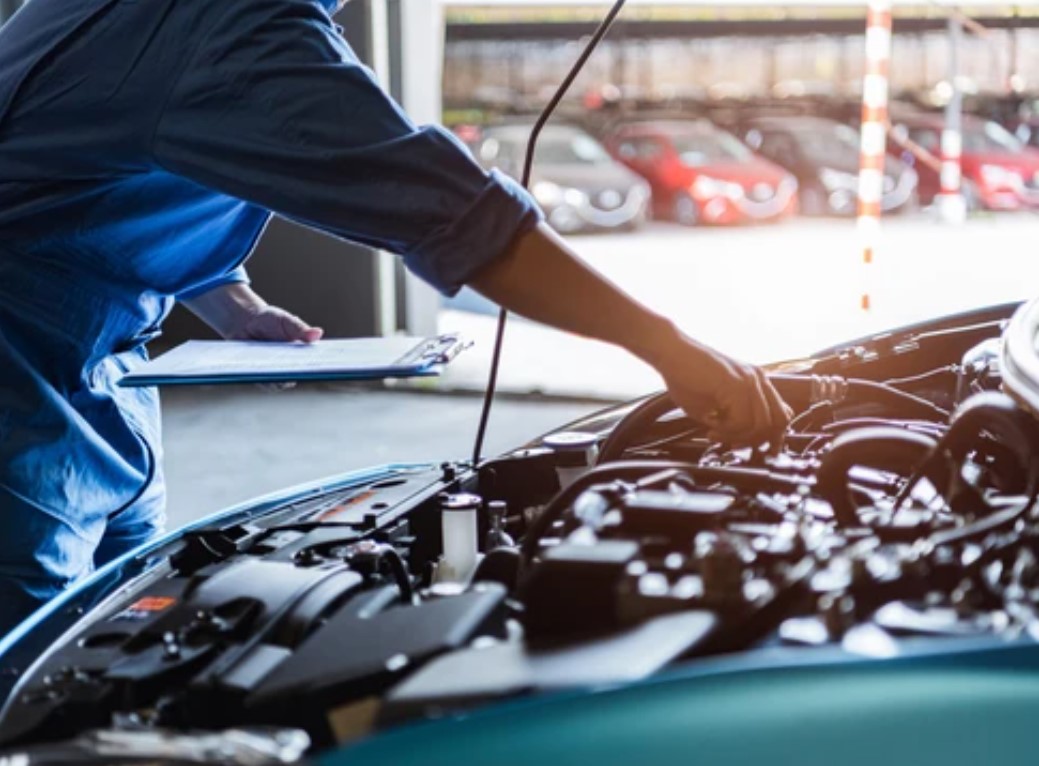
Every car owner in the world knows how much work there is regarding the well-being of their precious four-wheeler. Owning a car is hardly an easy task. As many benefits as it comes with, there are also numerous challenges and difficulties regarding its maintenance, repairs, and issues. If you depend on it for your work or regular travel, it needs to be in optimal condition all the time.
Sadly though, it is not always up to the owner since things can go wrong seemingly out of nowhere. In order to prevent common problems with cars, you need to know where to look and what to do well before they happen. As you probably expect, they are still going to happen at times anyway so the only thing left to do is to learn how to troubleshoot common automotive issues on your own.
The mechanic will always be there if you need a hand with bigger problems you know nothing about, but a lot can be done without employing a set of professional hands. In this article we will talk about tips for fixing things yourself so that the next time around, in an emergency, you know exactly what to do.
1. Reading Diagnostics
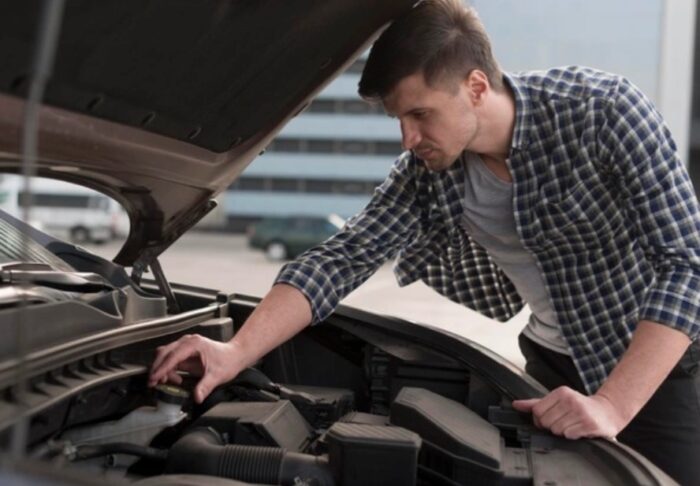
Newer cars have a great deal of modern tech inside them, systems that are computerized and features that are less mechanical and more along the lines of smart technology. Even if you know a thing or two about cars, it is difficult to pinpoint the exact cause and location of the issue without the right tools.
If you believe that you can fix something yourself but lack the right knowledge on where to tinker, a diagnostics computer may be in order. Easy to plug in and read information off, these handy gadgets are all you require to earn the inner workings of your vehicle and whether or not they are properly functioning.
Even if you locate a major concern, you will at least know to take it to the shop. Back in the day, only the mechanics used to have them. Now, they are more widely available and you can get your own device for home use. If you are interested, make sure to read more.
2. Cleaning and Washing
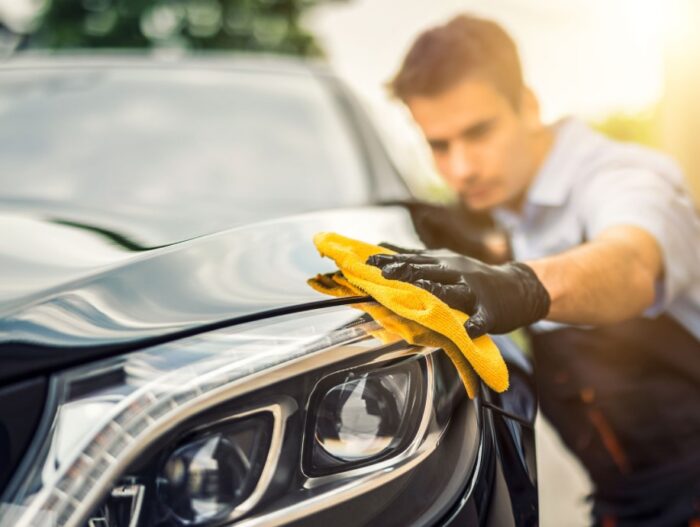
It goes without saying that you should regularly clean and wash your vehicle thoroughly. However, do you know why? Obviously, it looks nicer and feels more comfortable when it is clean. This is not the only way though as you also have to maintain it this way to prevent things from clogging, rusting, and tearing away.
A deep wash of your car every month, with a few spray downs here and there will ensure that no outside elements like dust and debris get in where they are not supposed to. The bodywork will be thankful to you as well since the small, barely visible scratches will not get dirt in them and there will be no rust.
Simply put, if you want your vehicle to last longer and look brand new for years, you should have it washed as well as wash it yourself a few times per month. The power of cleaning is very underestimated and underrated in terms of maintenance and automotive issue prevention.
3. Flat Tires
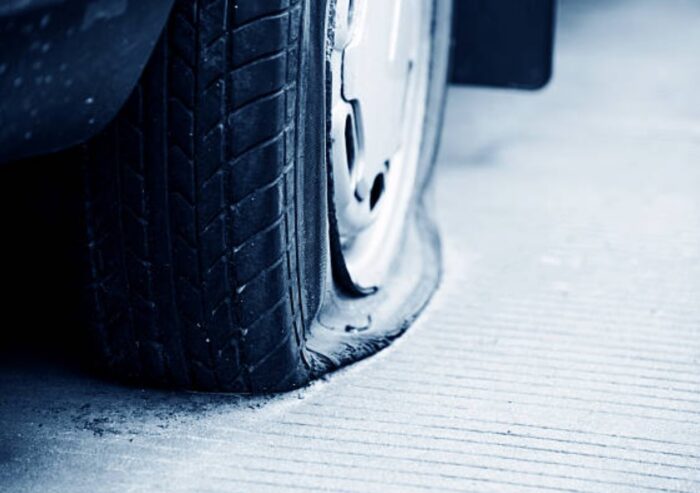
The need for a spare tire and a car jack/wrench in your trunk are there for a reason, and them being enforced by law makes perfect sense. Flat tires are common, less so now when the quality of wheels and tires is better, but it can still happen. Before calling roadside assistance to have your tire changed, you should attempt to do it yourself.
Let us rephrase that. You should be able to change it yourself anyway and not even call them in the first place. This is a basic automotive skill you need to learn, and it is easier that it appears.
If you want to prevent a flat tire happening to you, make sure your car is riding on the appropriate combination of wheel size and tire type, and that they always have enough pressure inside. Prevention is always better, but just in case, have a car tool set at the ready, a wrench, and a jack.
4. Battery Inspection
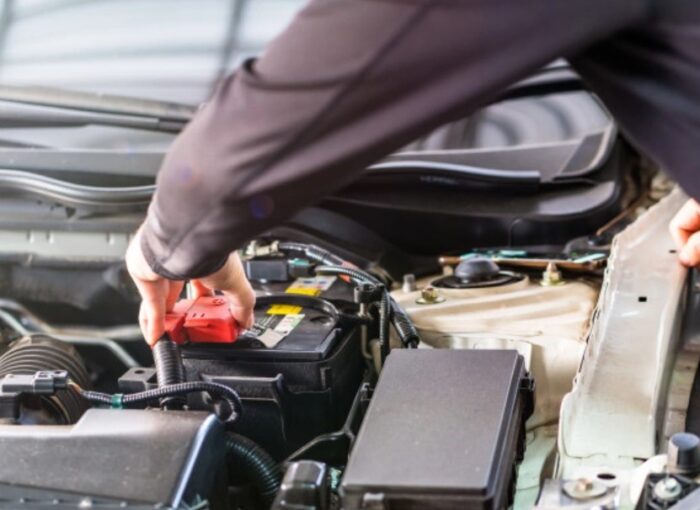
Having a faulty or an empty battery while away from home can be a nightmare. There will not always be a place to buy a new one, and considering its importance, you will not be going anywhere without it. The average life expectancy of an average quality battery is around 5 years.
This is something you should have in mind as a driver because it can help you prevent nightmare scenarios where your car refuses to start due to a dead battery. If your battery is new but you have problems with it, it is almost always the bad terminals that are causing it.
This can be prevented by using lubricants on the terminals. Maintenance is important here as you can see, but if you cannot be bothered, there are also batteries that require no such action. To be sure and ensure your battery exceeds the average lifespan, inspect the terminals regularly, inspect the wires, check the water level, and check the voltage.
5. Fuel Problems
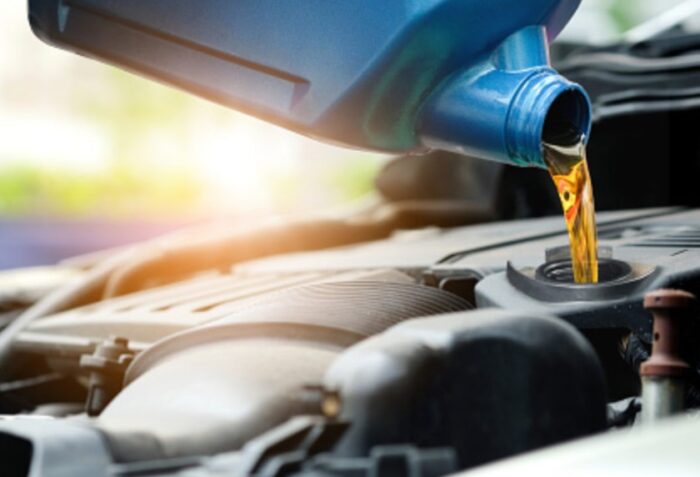
Many fuel related issues, like excessive fuel consumption, are related to bad driving habits and your culture of when you put in gas. You should never wait for your car to be completely empty and drive on fumes before refilling it.
It is not healthy for the machine because the fumes and the residue fuel are the worst parts of the whole concoction and can slowly damage the fuel injector, gauge, and the engine. Over time, you will notice it more and more. Another bad habit is accelerating and braking too quickly and without any need.
The sudden changes consume more fuel than needed. Regarding the maintenance of your fuel system, ensure that the oxygen sensors and air filters are optimal. The easiest thing to do is use quality motor oil, and the right type for your car. The spark plug could be misfiring so change it regularly. It is an easy fix that everyone should know how to perform.














